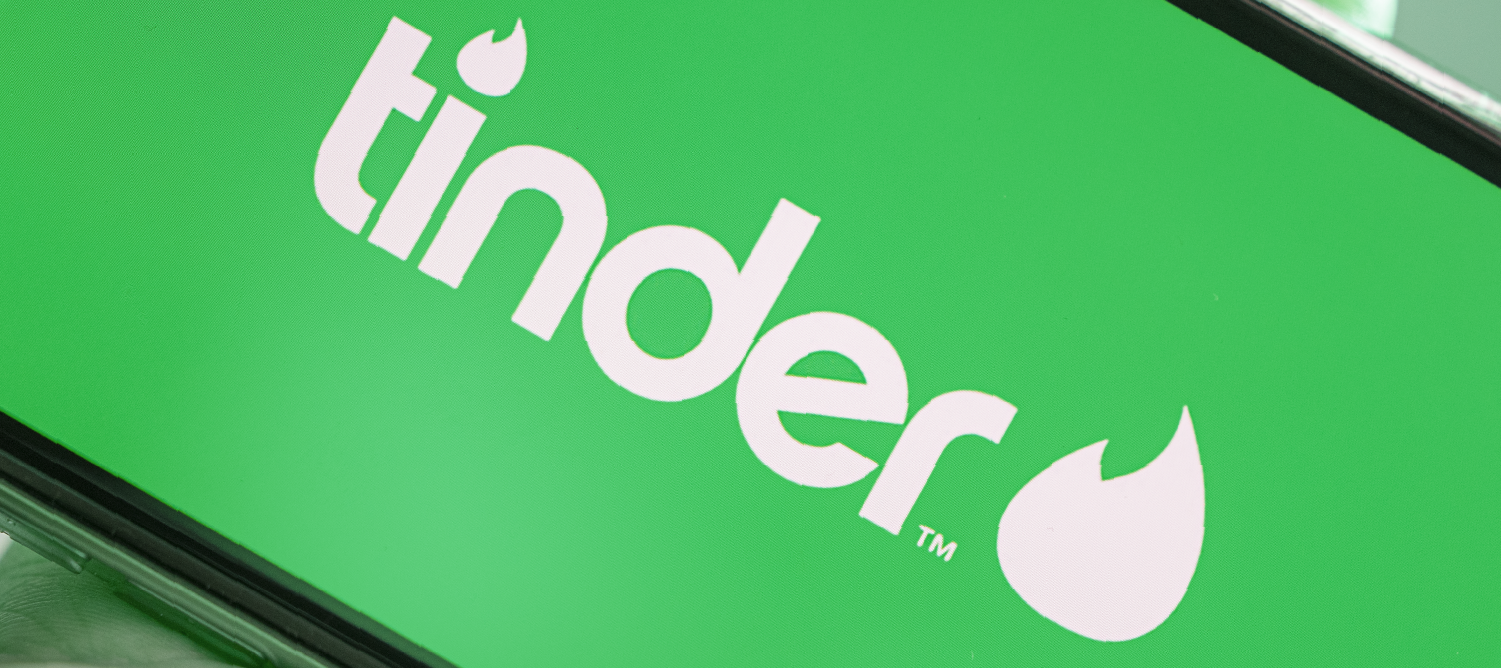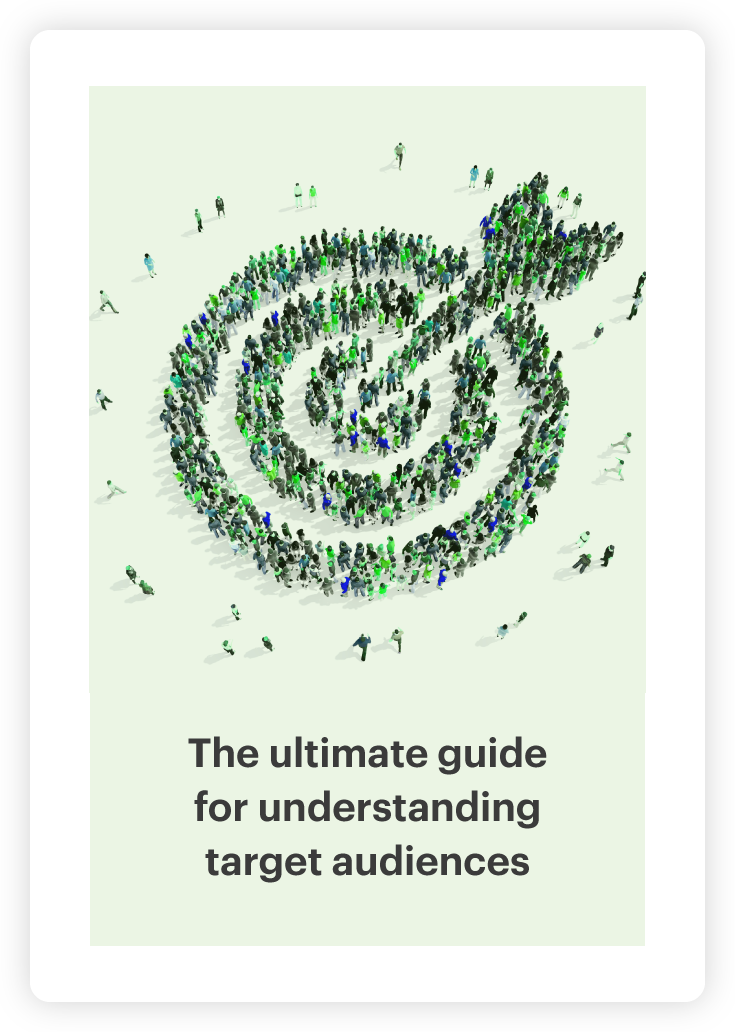How do online daters talk about the big three dating apps?

Public perception of online dating has been on a whirlwind journey – from ‘sad websites for middle-aged divorcees’ to ‘fun apps for attractive young professionals looking for a soulmate’ …or at least a drink. We’re not here to judge what is said, we just compare the language.
Regardless of what you’re looking for, the stigma once associated with online dating has all but disappeared. To get a deeper understanding of how online daters feel about this newfound way to find love (or just a good time), we compared the language of apple app store reviews for Tinder, Hinge and Bumble.
Using Relative Insight’s platform, we were able to uncover product and user insights based on linguistic differences between reviews. Here’s what we found:
Hinge
It can be all too easy to judge a book by its cover – especially when the only factor you have to base your decision on is… well, the cover. Naturally, photos are a huge part of decision making on dating apps, but Hinge users want the whole package.
While they still valued physical attraction, daters also sought ‘personality’ matches. Likely not a coincidence, Hinge was the first dating app to introduce question prompts. To get a glimpse of personality, users are required to answer questions like “My most irrational fear” and “If loving this is wrong, I don’t want to be right.”


Hinge, the newest out of the three apps to gain popularity, was also perceived by reviewers as a bit of a black sheep. It was often described in comparison to competitors or using the word ‘different.’


Tinder
While Tinder has undoubtedly been a trailblazer for modern dating apps, it’s not exactly the most well-liked. At 3.8 stars, it was the worst reviewed of the three. Reviews were rife with words like ‘error’ and ‘problem’. Users also called out the prominence of fake accounts on the app.


But the most telling detail is that these aren’t new issues, and they’re not getting fixed. Tinder reviewers were more likely to use the words ‘again’ and ‘always’ in reference to repeated technical bugs like login error.


Bumble
Coming in at 4 stars out of 5, reviewers are buzzing about the Bumble format. With this app, women message first and they only have 24 hours after a match to do it. However, negative comments had less to do with technical bugs and more to do with app features. Despite the high score and USP, many people agreed that 24 hours is not enough time and women-first messaging can lead to laziness or lack of effort from the other party.


These complaints aren’t necessarily turning users away – they just want change. Reviewers were more likely to discuss the topic of ‘change’ within the app, either requesting an update or criticizing an existing one.

Relative Insight can analyze any data you can think of. From review copy to social listening data to long form open-ended survey results – we can do it all!

